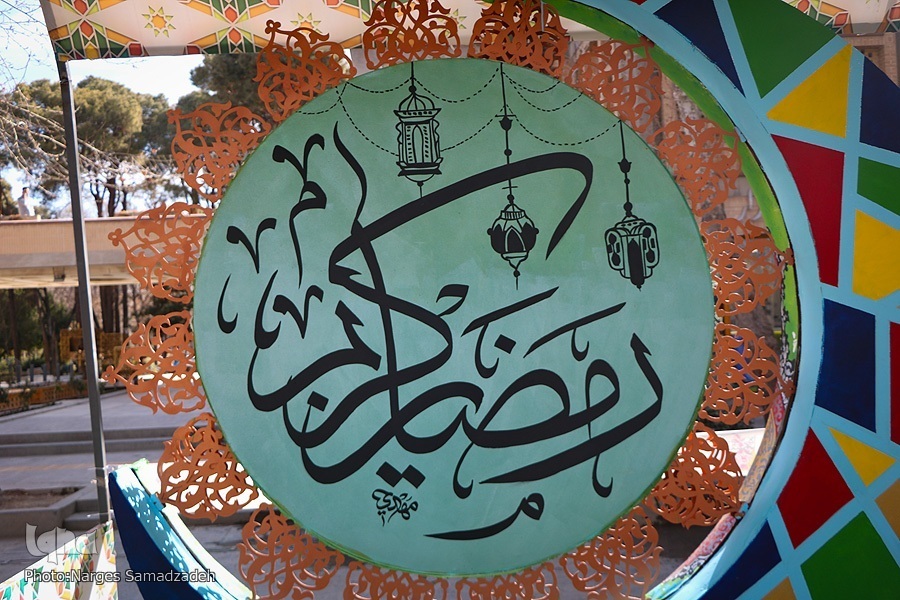A Divine Invitation: Ramadan in the Words of Prophet

Speaking to IQNA, Rastandeh highlighted the significance of the Sha’baniyah Sermon, a well-known speech delivered by Prophet Muhammad (PBUH) on the last Friday of Sha’ban, in which he underscored the virtues of Ramadan. “The Prophet (PBUH) described Ramadan as ‘a month of blessings, mercy, and forgiveness,’ in which believers are invited to be guests of God,” he said.
According to Rastandeh, the Quran refers to Ramadan as its own season, as it was during this month that the holy book was revealed. “Imam al-Baqir (AS) said, ‘Every creation has a spring, and the spring of the Quran is the month of Ramadan.’ This is the month in which divine mercy is abundantly granted,” he explained.
He emphasized that fasting is not only an act of worship but also a means of self-discipline. “The Prophet (PBUH) stated that ‘your breaths in Ramadan are glorifications, your sleep is worship, your deeds are accepted, and your prayers are answered.’ He advised people to seek God’s assistance in fasting and reciting the Quran with sincerity and pure hearts.”
Read More:
Rastandeh noted that the sermon encourages acts of charity and social responsibility. “The Prophet (PBUH) urged believers to ‘give charity to the poor, honor the elderly, show kindness to the young, and maintain family ties.’ He also urges the need to control one’s speech, sight, and actions.”
According to him, one of the key lessons of Ramadan is empathy for the less fortunate. “The Prophet (PBUH) instructed his followers to remember the hunger and thirst of Judgment Day by experiencing fasting in this world. He also said, ‘Be kind to orphans so that your orphans may receive kindness in return.’”
Regarding the most virtuous act during Ramadan, Rastandeh cited an exchange between Imam Ali (AS) and the Prophet (PBUH). “When Imam Ali (AS) asked about the best deed in this month, the Prophet (PBUH) replied, ‘O Abu al-Hasan, the best act is avoiding sin.’”
Read More:
Rastandeh outlined five key takeaways from the Sha’baniyah Sermon: recognizing Ramadan as a divine invitation, valuing even the smallest good deeds, practicing kindness and charity, easing the burdens of others, and most importantly, avoiding sin. “The Prophet (PBUH) emphasized that small acts of goodness in Ramadan carry immense rewards. He said, ‘Reciting one verse in this month is equal to completing the entire Quran in other months.’”
He also pointed to the positive societal impact of Ramadan. “Statistics show that during this month, disputes decrease, courts become less crowded, and accidents decline. This is a time for repentance, self-purification, and helping those in need.”
Rastandeh concluded by encouraging believers to embrace the spirit of Ramadan. “This is a time for spiritual renewal, a month to draw closer to God through fasting, prayer, and righteous deeds.”
4267484



